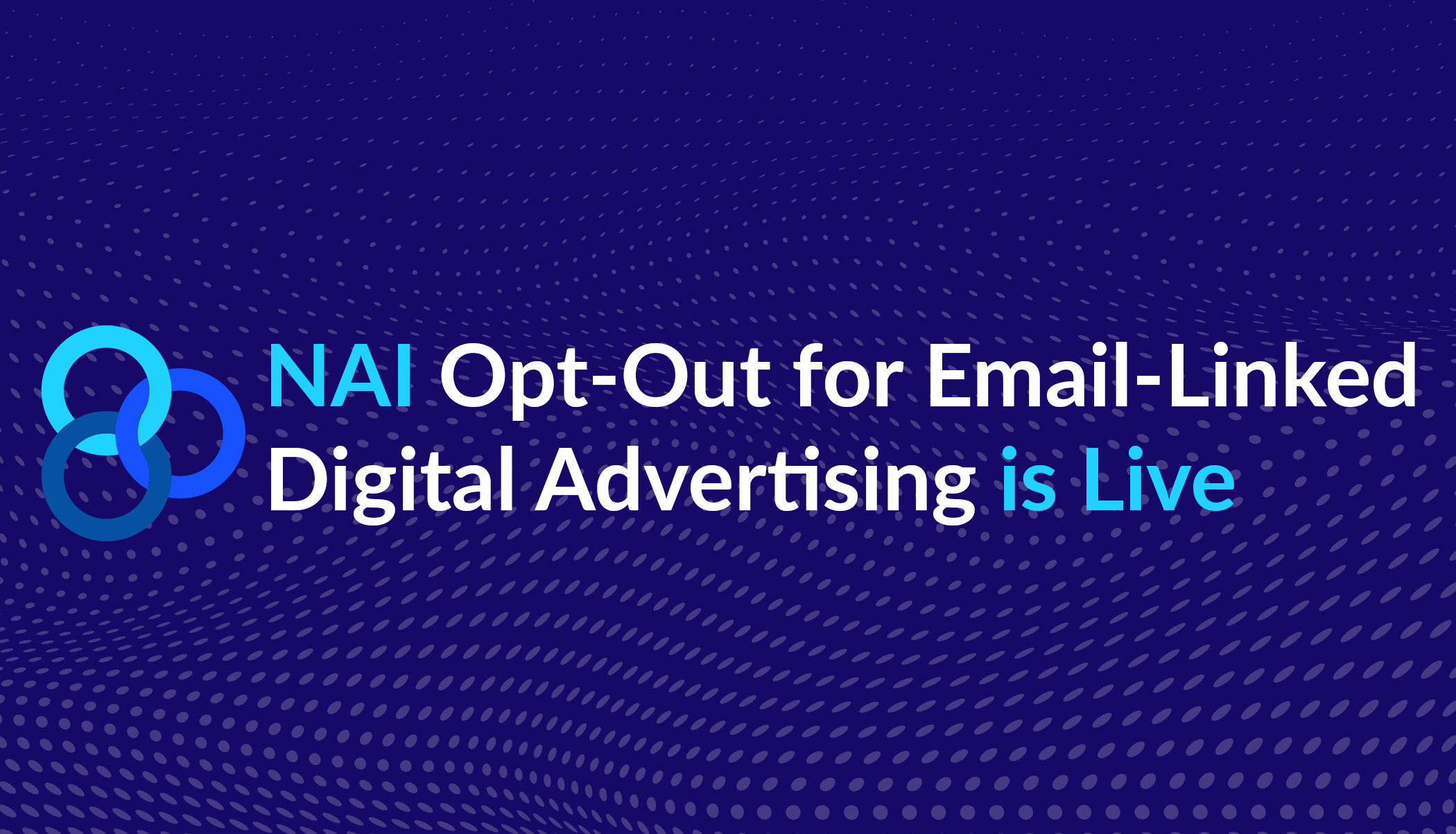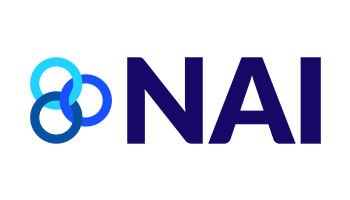Postcards from London
NAI’s travel bonanza is continuing at the start of this holiday season. This postcard comes from London, where the city is alight with holiday decorations and abuzz with the news of a royal engagement.
I’m writing with news that is more regulatory than regal, but it is still important! Last week, the IAB Europe published a working paper on consent under the General Data Protection Regulation (GDPR), which comes into effect on May 25, 2018, and announced a new technical standard to support the digital advertising ecosystem in meeting the GDPR’s new requirements for user consent.
The working paper and consent standard are products of the IAB Europe’s GDPR Implementation Working Group (GIG), which has been leading this initiative. The GIG brings together leading experts from across the digital advertising industry, including the NAI and many of our members, to discuss the European Union’s new data protection law, share best practices, and agree on common interpretations and industry positioning on the most important issues for the digital advertising sector.
NAI’s technical and policy staff have been representing our member companies’ interests while actively contributing to the GIG’s progress.
The IAB Europe’s working paper on consent is the third in a series of working papers published by the GIG; all papers are available on the IAB Europe’s website. The purpose of this paper is to explain the definition of consent under the GDPR, and the practical implications of using consent as a legal basis for processing personal data in the online advertising ecosystem. Download the working paper on consent here.
The consent standard was unveiled at last week’s EDAA 2nd Annual Summit, which brought together 200 participants including advertisers, agencies, ad tech, and media in London. The standard is a technical mechanism designed to enable websites, advertisers, and their ad technology partners to make robust disclosures regarding data collection and use, as well as obtain, record, and update consumers’ consent for their personal data to be processed, as outlined in the GDPR. Moreover, the mechanism enables transmission of user consent choices throughout the digital advertising ecosystem, increasing accountability in the supply chain by enabling the creation of consent records and an audit trail.
Key features of the consent standard include:
- Works on mobile devices and desktop devices alike.
- Enables dynamic disclosure by first parties of third-party advertising partners and the purposes for which they collect and process data.
- Allows obtaining “global” or “service-specific” affirmative consent, as well as updating consent choices and withdrawing consent.
- Enables the transmission of user consent choices to third-party advertising partners.
- Increases accountability in the advertising ecosystem by enabling the creation of consent records and an audit trail.
- Expedites compliance as it can be deployed before the date of application of the GDPR.
IAB Europe is inviting broader industry engagement over the coming months with an eye toward building cross-industry consensus and fostering a commitment to the standard, the principles around its use, its implementation, and the governance underpinning the tool.
NAI will continue to actively represent its members in the GIG, and work to finalize and implement the consent standard. We also urge NAI members to become independently involved in this industry initiative. Sign up for notifications from the IAB Europe’s mailing list to remain updated on any developments. More information is available in the full press release here.
Our “postcards from…” series will soon take a short hiatus as the NAI staff spends some time with family and friends over the holidays. We’ll be back in January and first up will be a glimpse at the digital advertising industry’s best new technology from CES in Las Vegas.
Best wishes for a very happy holiday season!








